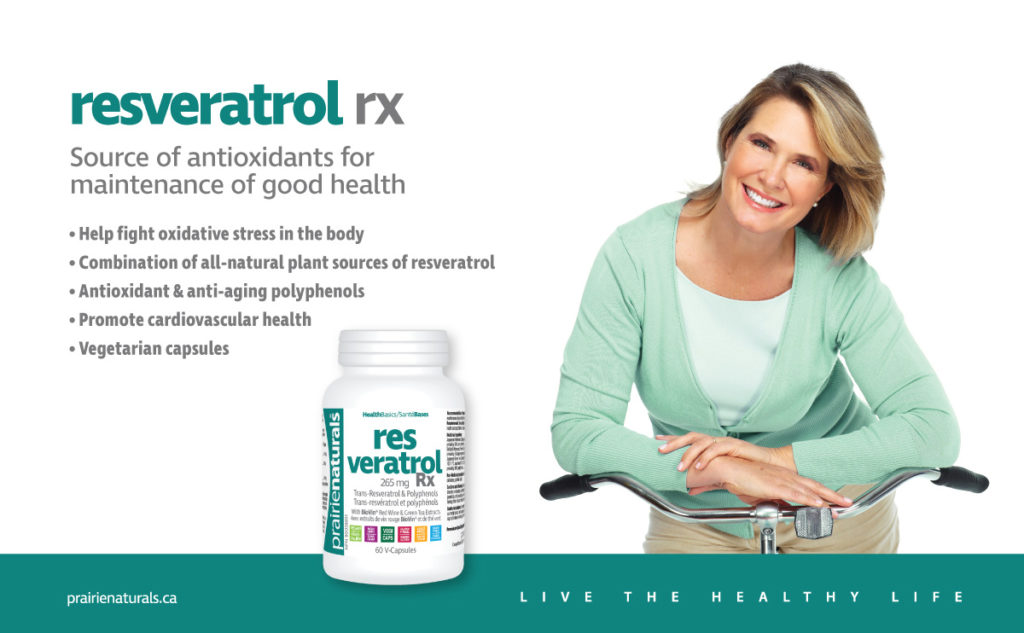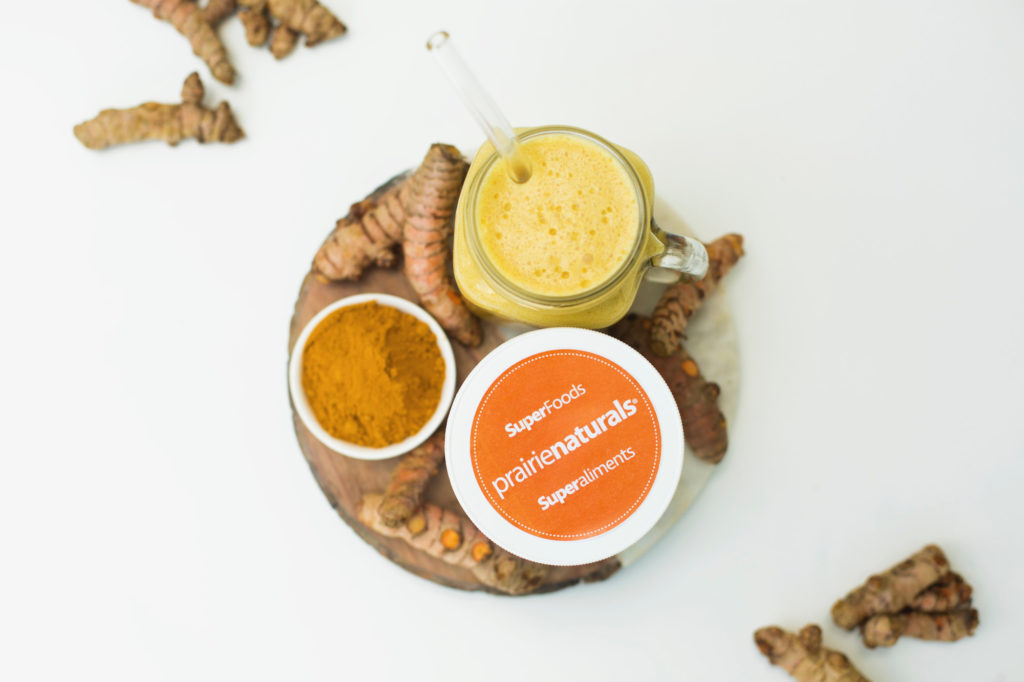Potent antioxidants called polyphenols can help protect us from free radicals, oxidative stress, chronic disease, cancer and other age-related illnesses. Polyphenols are plant micronutrients. There are upwards of 8,000 different types of polyphenols. Of naturally occurring antioxidants, they are among the most commonly studied and consumed.
Polyphenols are, in fact, a category of antioxidants, all of which contain a hydroxyl group attached to a carbon atom on the aromatic ring. This 3-hydroxy group is vital to its antioxidant activities. Antioxidants help neutralize free radicals by donating one of their electrons or hydrogen atoms to stabilize it. This donation process helps prevent free radicals from causing oxidative stress, DNA damage and organ dysfunction.
Antioxidants are free radical scavengers, halting oxidative damage and slowing signs and symptoms of aging. Oxidative stress is the most prominent overall mechanism leading to cellular aging, second to which is inflammation. Degenerative diseases caused or exacerbated by chronic inflammation, include arthritis, autoimmune dysfunctions, Alzheimer’s, cancer and cardiovascular disease.
Our daily intake of antioxidants often exceeds that of other vitamins, such as vitamin C, vitamin E, and carotenoids, which are also consumed in abundance. In terms of longevity and health, this is a good thing! The last two decades we have seen an increase in interest in antioxidants due to their ability to modulate energy metabolism and support continued well being. By slowing our metabolic rate, we increase longevity and prevent age-related diseases.
As we get older, we are naturally more susceptible to disease. As our systems begin to slow down, we become more vulnerable to cellular dysfunctions caused by free radicals, as well as increases in inflammation leading to atherosclerosis and poor cardiovascular health. Central to this are also neurodegenerative diseases, inflammatory conditions, and insulin resistance.
Aging is complex and individualized but the approach to safeguarding ourselves remains the same. By filling our diets with a broad range of antioxidants, we can offset this damage and degeneration as we age. Polyphenols are a potent part of our anti-aging approach!
Research highlights several dietary polyphenols in particular to focus on; resveratrol, epigallocatechin-3-gallate (EGCG) and curcumin. These three compounds show promise in their capacity to mitigate the presence and effects of free radicals on our cellular make-up.
A plant-rich and whole foods based diet is the best approach to healthy aging. This is due in abundance to bioactive phenolic compounds found in plant foods. There are many benefits to mixing and matching polyphenol-rich foods, and a diet rich with green tea, berries, cloves (and other seasoning), dark chocolate, beans, nuts and various vegetables, is a great place to start. Sometimes though, we can’t obtain enough antioxidants through diet alone and this is when supplementation comes into play.
You might’ve heard of the anti-aging benefits of red wine? And that is due to the antioxidant, resveratrol! Our Resveratrol Rx contains 75mg of Resveratrol coming from two plant sources; BioVin Advanced French Red Wine Extract and Japanese knotweed extract, as well as green tea extract to complete a synergistic trio. This supplement helps with lowering blood pressure, protects against oxidative damage, reduces skin aging and encourages cerebral blood flow, keeping us healthy and happy into old age.

Turmeric is a delicious spice that is packed with antioxidants and phytonutrients. Curcumin, the compound that gives turmeric its vibrant yellow colour, is touted for its antioxidant and anti-inflammatory properties. Our Fermented, Organic Turmeric powder is highly bioavailable and 50% more potent than other powders due to our fermentation process.

Supplementing our diets with potent antioxidants and polyphenolic foods is a great way to slow the signs and symptoms of aging. With their powerful free radical scavenging capabilities, we can reduce the occurrence of diseases brought on by cellular damage, improve quality of life and through natural health approaches, mitigate the burden on our already struggling healthcare system.
References:
Polyphenols & Aging
Dietary Anti-Aging Polyphenols and Potential Mechanisms – PMC
The Review of Anti-aging Mechanism of Polyphenols on Caenorhabditis elegans – PMC
Mitochondrial and metabolic dysfunction in ageing and age-related diseases
RELATED ARTICLES



